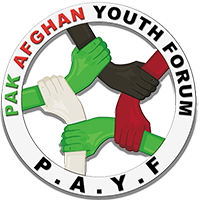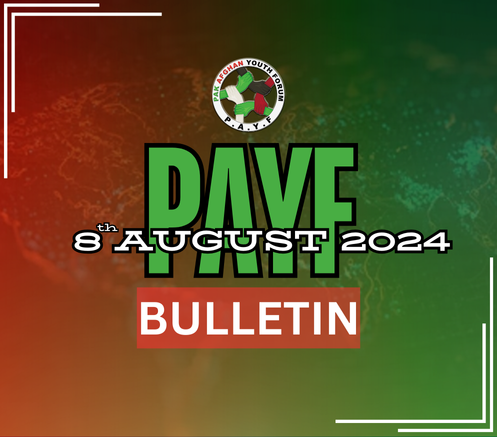October 1, 2024 – Islamabad — The foreign ministers of the People’s Republic of China, the Islamic Republic of Iran, the Islamic Republic of Pakistan, and the Russian Federation convened on September 27, 2024. This meeting marked the third quadrilateral discussion concerning Afghanistan. The significant gathering took place on the sidelines of the 79th session of the United Nations General Assembly. The focus of the meeting was on the pressing issues facing Afghanistan and the role of the international community in addressing these challenges.
During the meeting, the ministers reaffirmed their commitment to Afghanistan’s sovereignty and stability. They emphasized their support for Afghanistan’s national sovereignty, political independence, unity, and territorial integrity. They reiterated the importance of non-interference in its internal affairs and the Afghan people’s right to independently decide the future of their country in accordance with the principles and purposes of the United Nations Charter.
The ministers highlighted a shared interest in fostering a peaceful Afghanistan. They stated that it should “serve as a platform for international cooperation rather than geopolitical competition”. They expressed “deep concern over the security situation related to terrorism in Afghanistan,” pointing out that groups like “ISIL, Al-Qaida, and Tehrik-i-Taliban Pakistan (TTP)” pose serious threats to both regional and global security.
Enhancing Counter-Terrorism
In light of the escalating threat of terrorism, they called for enhanced counter-terrorism collaboration. This collaboration should occur at both “bilateral and multilateral levels”. The ministers urged Afghanistan to implement “comprehensive measures to address both the symptoms and root causes of terrorism.”
Furthermore, the meeting acknowledged the efforts of Afghanistan’s de facto authorities in combating ISIL-Khorasan. The ministers called on these authorities to take “visible and verifiable actions” to fulfill their international obligations. This includes “dismantling and eliminating all terrorist groups” operating within Afghan territory.
The ministers condemned recent terrorist attacks. They expressed “deep concern over the terrorism-related security situation in Afghanistan and the region”. They also underscored the necessity for “common, comprehensive, cooperative, and sustainable security,” aiming to address regional security challenges collaboratively.
Inclusive Governance in Afghanistan
In discussions about governance, the ministers emphasized the importance of “building an inclusive and broad-based governance system” that reflects the interests of all Afghan society segments. They praised the de facto authorities for their efforts to “reduce the cultivation of traditional opium”. They also called for robust measures to combat narcotics trafficking and transnational organized crime.
Sustainable Development in Afghanistan
Recognizing the plight of Afghan refugees, the ministers urged the de facto authorities to create conditions that facilitate their return, ensuring “returnees’ livelihoods and reintegration into political and social processes.” They expressed gratitude to neighboring countries, particularly Iran and Pakistan, for hosting Afghan refugees, calling for “adequate, predictable, regular, and sustainable financial support” from the international community.
The meeting concluded with a reaffirmation of the importance of countering attempts to politicize humanitarian assistance, urging the international community to support “sustainable and self-reliant development” in Afghanistan. The ministers pledged to expand economic and trade cooperation to integrate Afghanistan into regional economic frameworks. Lastly, they emphasized that “strengthening peace and stability in Afghanistan” aligns with their “common interests in the region,” advocating for an Afghanistan free from terrorism, war, and narcotics, while ensuring respect for human rights for all, including women and children.



